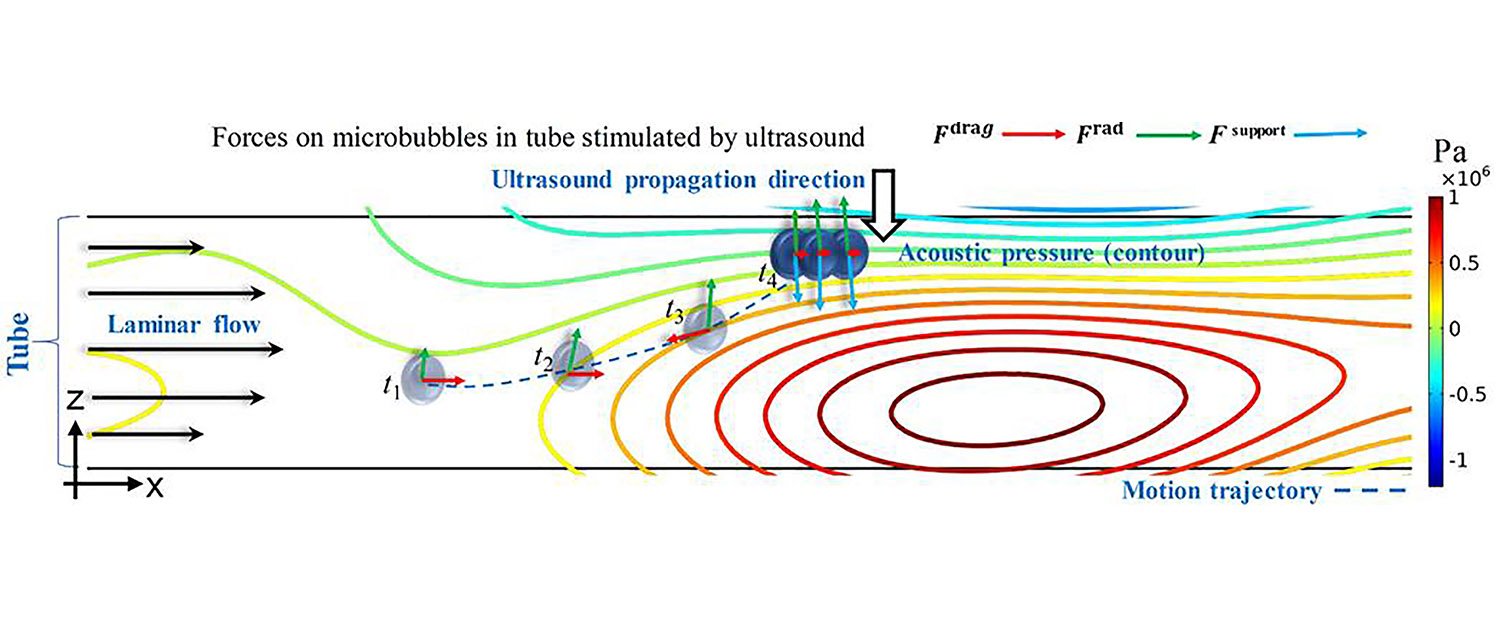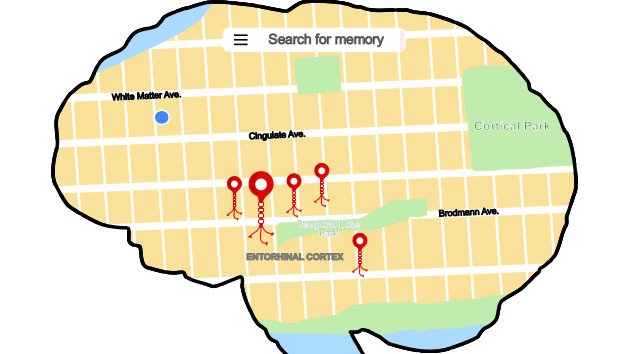Using sound waves to remotely target drugs to tumors
The lack of a clinically viable method to track and direct cancer drugs to tumors is a big problem for targeted therapeutics. But a new ultrasonic method proposed by biomedical engineers from Qifa Zhou’s team at the University of Southern California in Los Angeles could enable acoustic control and real-time tracking of drug release within … Read more









